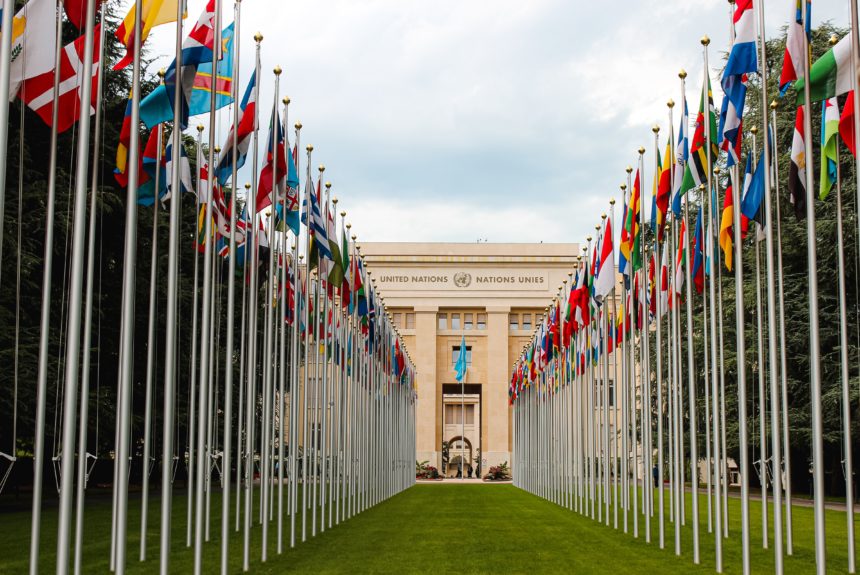President Biden concluded his first G7 summit, announcing that “America is back at the table” to work with international allies to address common threats. One threat that received plenty of attention over the course of the summit is global climate change. For the Biden administration to make the United States a true leader on climate change, injecting free enterprise into the discussions will increase the productivity and outcome of future negotiations.
In most respects, the conversation at the 47th G7 forum in Carbis Bay was a repeat of vague pledges made by world leaders in previous climate discussions. As Axios summarized nicely, “The closely watched G7 summit is the latest sign that having lofty ambitions on global warming and creating tangible, on-the-ground carbon-cutting steps are two different things.”
Countries committed to achieve net zero emissions by 2050, to increase spending in poorer countries for renewable power and to end government financing for new coal-fired projects without carbon capture and storage by the end of 2021. Leaders made statements to end fossil fuel subsidies and transition from gas and diesel-powered cars to electric.
Environmental activists expressed disappointment that G7 countries failed to announce any plans to decommission their respective coal fleets. Further, several environmental NGOs lamented that the funding for clean energy and climate adaptation is well short of the $100 billion per year by 2020 target the United Nations Framework Convention on Climate Change (UNFCCC) in 2009.
There are several reasons why the gap between climate intention and action remains significant. Primarily, climate policies that increase energy bills, increase tax burdens and restrict consumer choice are unpopular.
In fact, it was French President Emmanuel Macron’s proposed gas and diesel tax that sparked the “yellow vest” protests in France of which nearly three quarters of the French people supported. When asked why they were protesting, many yellow vesters echoed a similar sentiment: We’re tired of paying more and not seeing anything in return.
That’s not to suggest policies and regulations cannot provide a meaningful environmental benefit. But when governments squeeze more money out of families for substantially diminished environmental returns, policies are unpopular for good reason. If costly climate policies fail to mobilize any action from major emitters like China and India, they will be completely ineffective in reducing global emissions and consequently have minimal climate impact.
Another critical sticking point is that there is still a significant gap between developed and developing countries. Poorer countries understandably do not want to curtail emissions growth if it means curtailing economic growth where large segments of populations have no access to affordable, reliable energy. Richer countries have limits on what they’re willing to spend.
World leaders have a chance to turn this tension into an opportunity. Rather than focus primarily on government finance and regulating certain fuels out of existence, policymakers should pursue reforms rooted in free enterprise that raise peoples’ standards of living and mobilizes private investments in cleaner technologies.
As highlighted in C3’s Free Economies are Clean Economies report, societies with strong institutions, protected property rights, efficient regulatory regimes and open markets to invest and trade freely will generate higher levels of prosperity and better environmental outcomes. Rather than simply sending taxpayer dollars to developing countries, G7 leaders should be exporting economic freedom, which can help emerging economies develop clean technologies faster.
For instance, the $100 billion per year target proposed by the UNFCCC is not exclusively public finance. Too often the focus of international meetings on how much the government can spend rather than what governments can do to unlock private capital.
Leading up to the 26th Conference of the Parties (COP26) forum this November in Glasgow, politicians should offer a fresh take on climate negotiations: removing government-imposed barriers to economic and climate progress.
Otherwise COP26 runs the risk of continued climate insanity – doing the same thing over again and expecting different results.
The views and opinions expressed are those of the author’s and do not necessarily reflect the official policy or position of C3.
